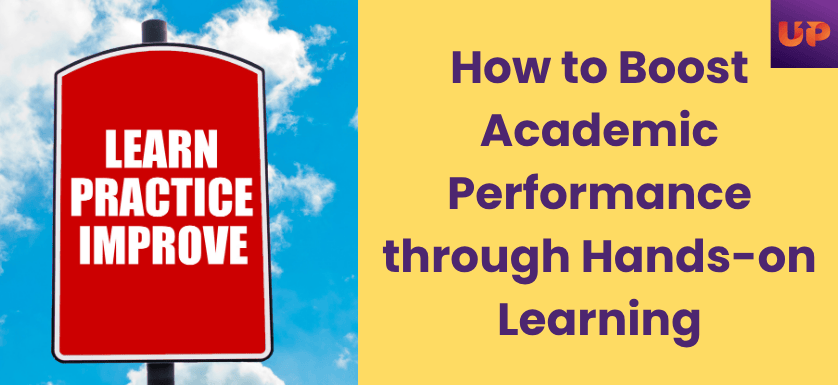
I was a topper in my class during graduation. My overall academic performance in school was also above average. I wasn’t overconfident, but I was confident enough to believe I could build a successful career in just a few days.
However, when I started my first job, I realized that what I had learned during my degree made up only 10% of what the job actually required. I had to learn something new every day, and I still do. Surprisingly, many important concepts were introduced to me only after I started working.
No matter what field you choose, art, commerce, science, or management, I’m sure you can relate to my situation. Why is this such a common experience? Because our education system, from school to college, focuses heavily on outdated theoretical teaching methods. Even the percentage of marks allotted to practical learning is far lower than that of theory papers.
I was both surprised and happy to learn that the Government of India is already working to improve these traditional methods. The focus is now on enhancing academic performance through hands-on learning techniques. One such initiative is Atal Tinkering Labs.
While working with ATALUP, an Atal Tinkering Lab management system, I’ve observed that hands-on learning and academic success go hand in hand.
Learning is not just about reading books. It’s about understanding the world. When students touch, build, and experiment, they don’t just study, they connect with the subject. This kind of learning brings out the best in them and helps improve their academic performance in a much deeper way.
The Problem with Traditional Learning
Most schools still follow the same old way of teaching, lectures, textbooks, homework, and exams. Students are expected to remember facts and write answers, even if they don’t fully understand the topic.
This creates a gap. Children may do well in one test and badly in another. They may score marks but still feel confused about real-world applications. In the long run, this method does not build true knowledge and affects overall academic performance.
You cannot expect a bird to walk miles or a fish to fly! Not all young learners are ready for rote learning. To improve their academic performance, it is important to understand the core of knowing the changing factors.
What Truly Drives Academic Success?
To achieve academic success, students need more than notes and practice papers. They need clarity.
When a child understands why something works, they remember it for life. Real learning comes from curiosity. When students start asking questions, exploring answers, and finding solutions themselves, they can bring in the change we want to see.
This builds confidence and a strong foundation, which helps them perform better in all subjects.
The Power of Hands-on Learning
Now imagine a child who builds a simple windmill or creates a mobile app. They are not just using their hands, they are using their brain, logic, creativity, and problem-solving skills.
This is what hands-on learning does. It makes lessons real. Students get to do it instead of just reading. It helps them understand faster, stay engaged, and enjoy what they’re learning. As a result, their academic performance improves naturally, because they understand and apply what they learn.
It also boosts teamwork and communication, which are important life skills that support long-term academic success.

Atal Tinkering Labs – Bringing Learning to Life
To support this kind of learning, the Government of India started Atal Tinkering Labs in schools across the country. These labs are filled with tools like 3D printers, robotics kits, sensors, and mini-computers.
With the help of these tools, students can create real projects, experiment with ideas, and explore technologies like Artificial Intelligence, IoT, and coding. Atal Tinkering Labs are changing the way children learn, from theory to hands-on practice.
Because of this shift, many schools have seen a visible rise in student engagement, interest in STEM, and improved academic performance across subjects.
The Results Are Already Here
In schools that have active Atal Tinkering Labs, teachers say students are more focused and eager to learn. They ask better questions, think creatively, and perform better in school projects and competitions.
Some students have even taken part in national innovation challenges, proving that practical learning builds confidence and improves overall academic success.
This kind of impact shows that hands-on learning is not just an extra activity. It’s a powerful tool to help every student perform better in school and beyond.
Rethinking Success, Redefining Learning
In the 21st century, academic performance is more than just exam scores. It’s about the ability to think, solve problems, and keep learning.
To prepare students for this future, schools must adopt hands-on, practical approaches. With the right support, tools, and mindset, every school can unlock the true potential of its students.
And platforms like Atal Tinkering Labs are already leading this change; showing that academic success begins when we make learning meaningful.
Is your school eligible for